From Bulgarian Shepherds Fighting to Salvage a Centuries-Old Way of Life to a Giant of Hong Kong Literature – The Best Books to Read Right Now
By Bartolomeo SalaIt’s nice sometimes to not have a rigid plan and let yourself be guided by your intuition. This month I didn’t have solid candidates I was planning to review – except one, which then I ended up dropping – but I am happy with this list, which in many ways belies (all too well-established) reading habits.
ANIMA: A Wild Pastoral, Kapka Kassabova
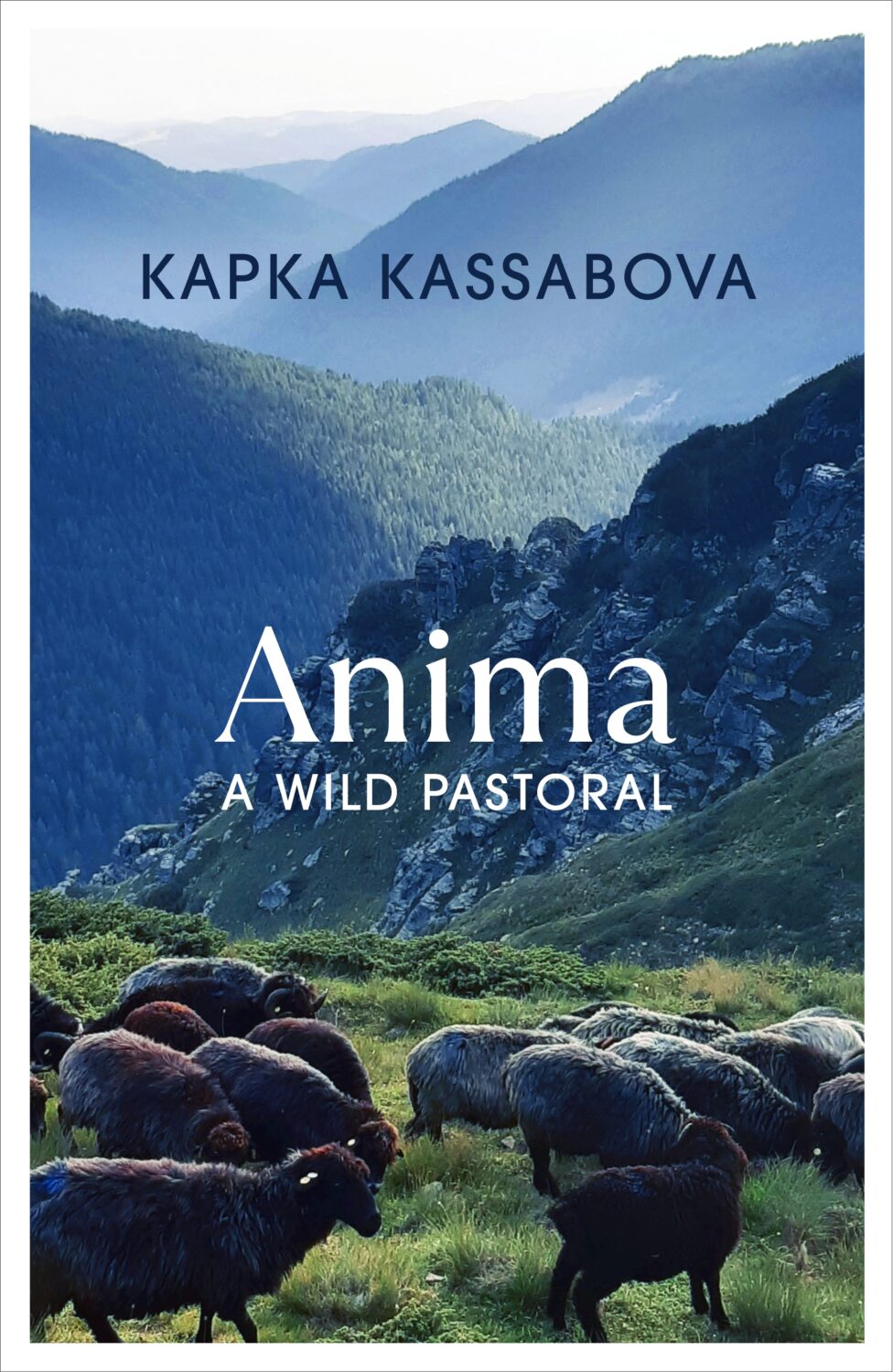
Jonathan Cape, pp. 384
For reasons that I can only define as ideological, I was never a big reader of nature writing, or in general reportage that championed lost or disappearing ways of life. As of late, though – perhaps because I am reaching an age where you realise change is unlikely and one has to cherish beauty where they can find it – I have found myself being drawn to this kind of nonfiction.
Mixing history and ethnography, with a first-person account that vividly bears witness to the hardships that this waning lifestyle entails – Anima by Scottish-based, Bulgarian author Kapka Kassabova portrays the transhumant way of life of Karakachan people, as a few enlightened pastoralists try to salvage it from an encroaching modernity that made it all but disappear.
Focussed on the delicate symbiosis between man, land, and animals – domesticated and wild – that shape a particular ecosystem, it’s a powerful plea to revise our relationship with nature and other living beings.
MOURNING A BREAST, Xi Xi
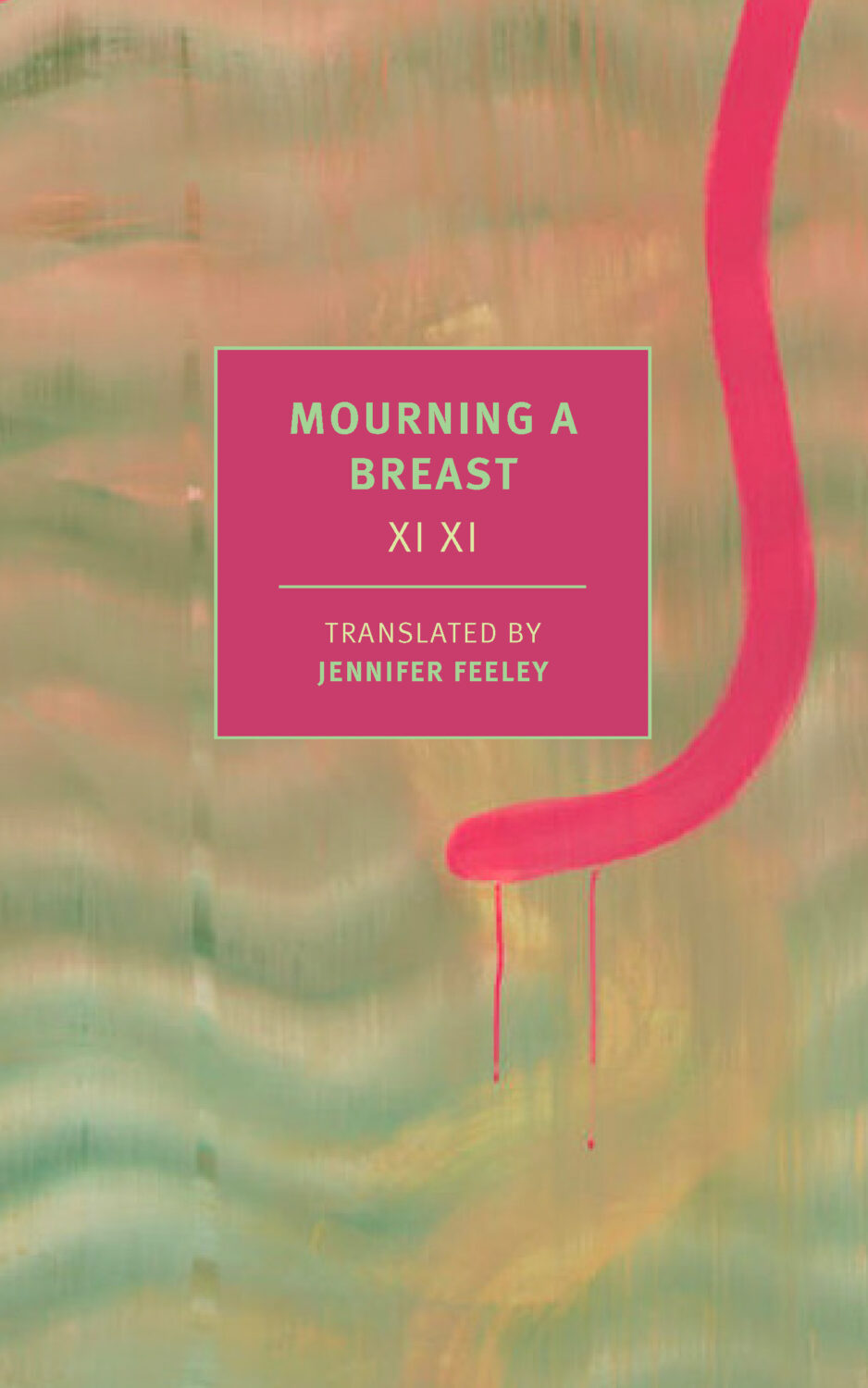
New York Review Classics, pp. 400
In 1989, poet and chronicler of Hong Kong’s working class Xi Xi was diagnosed with breast cancer at age 52. Three years later, she would pen a memoir in which she would tell her experience as a patient going through a mastectomy and radiotherapy. What follows, though, is not a heroic account of how she conquered her illness, but rather a plain yet formally inventive (and at times openly playful) record of what it means to have cancer and the importance of a safety net. It is also about what the illness taught her about her body and the importance of listening to it.
YOUR LITTLE MATTER, Maria Grazia Calandrone
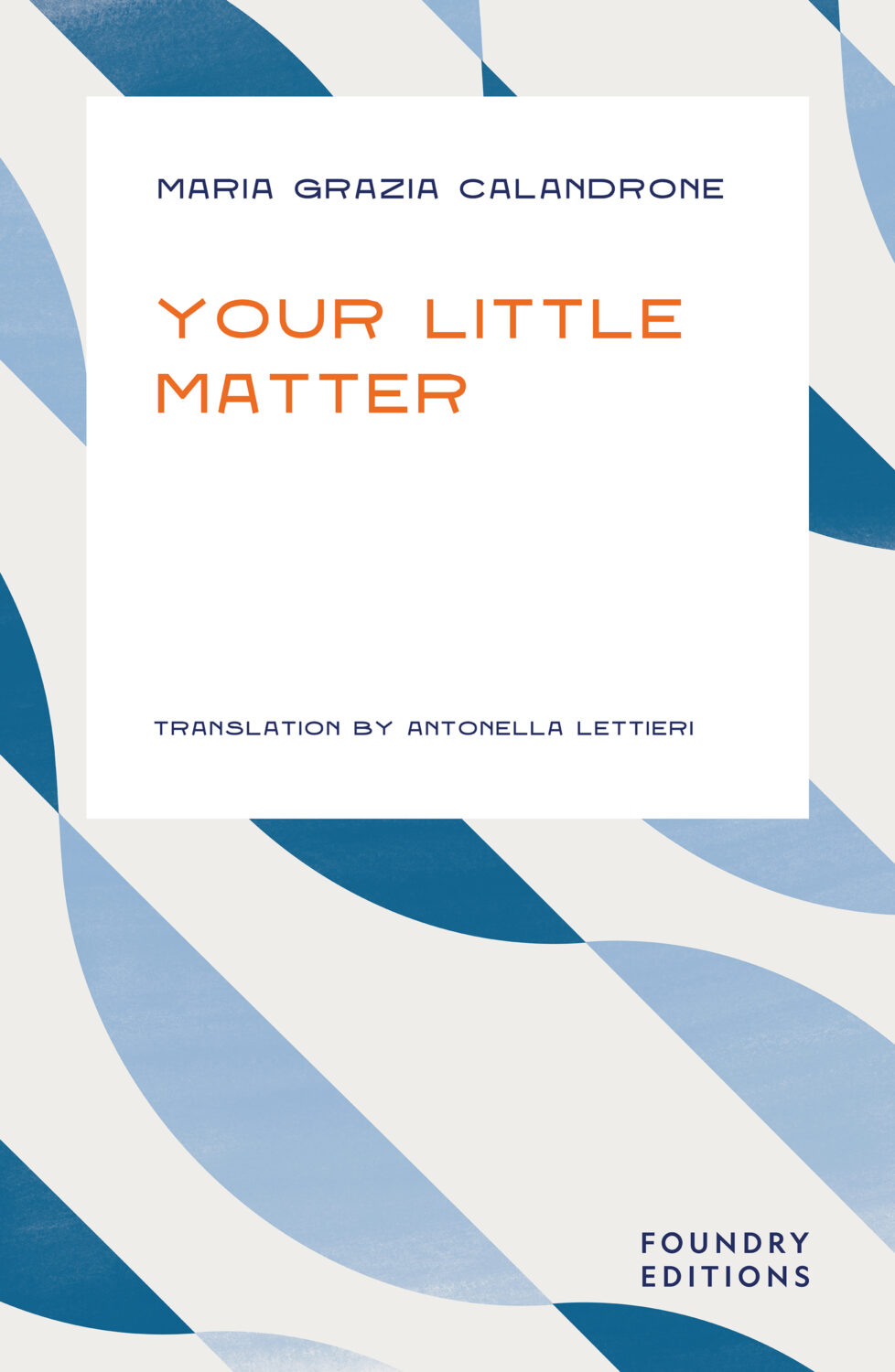
Foundry Editions, pp. 256
Something I really dislike about Italian literature is the unnecessarily baroque prose. Another thing I usually regard with a certain suspicion are narratives about poverty and family life – not because they don’t have value in themselves, but because, at least to an extent, they reinforce blatantly stereotypical and outdated views of my country.
Your Little Matter by Maria Grazia Calandrone could be said to suffer from both of these flaws. However, there is something about the scintillating prose – which makes you look at things, as it were, for the first time. It also works because the author’s abandonment as an infant isn’t fiction; instead painfully, outrageously real, setting this memoir-cum-investigation apart from anything written in this space.
I WILL CRASH, Rebecca Watson
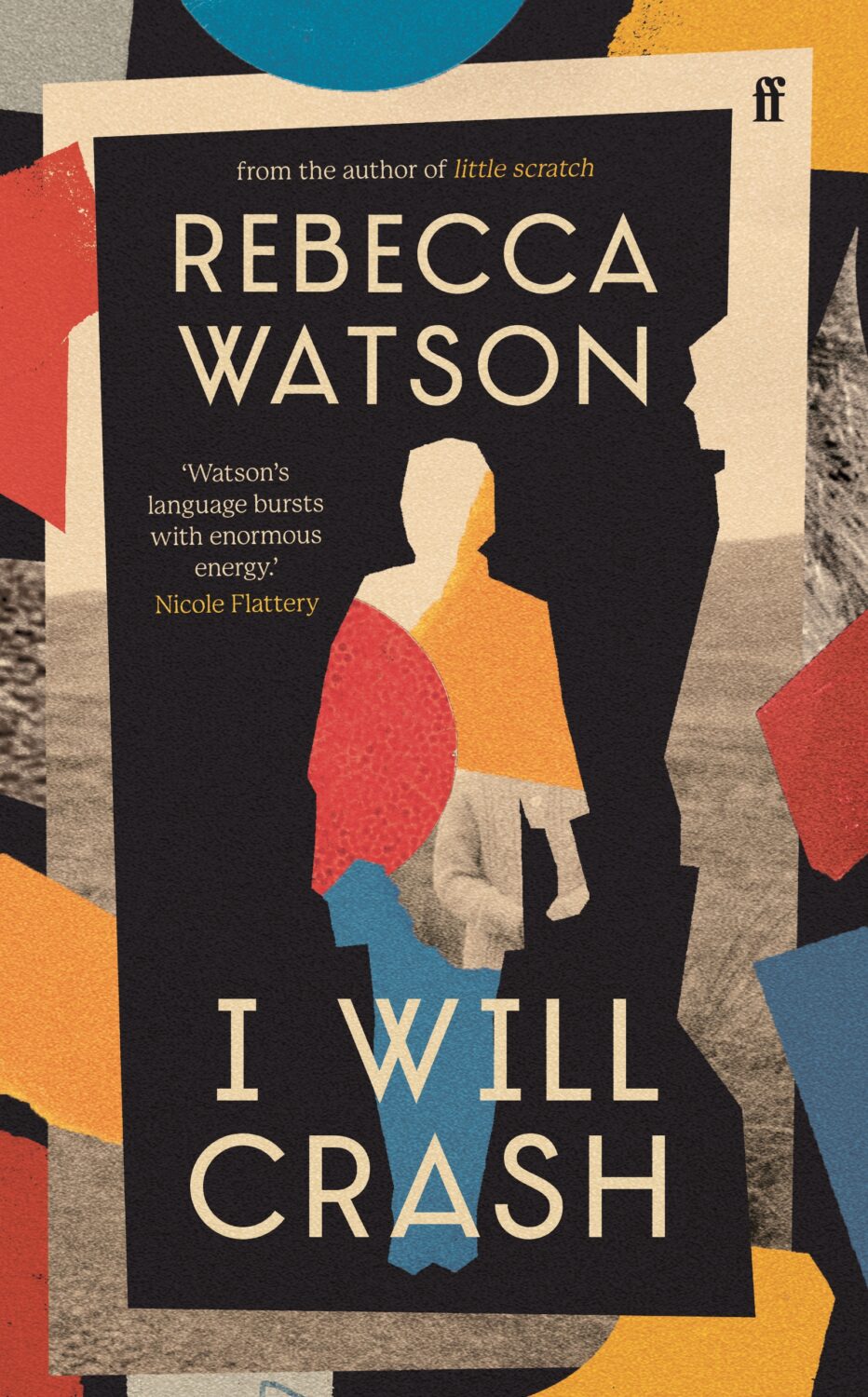
Faber & Faber, pp. 304
Bookshops are full of titles that claim to be experimental or formally innovative, but only very few hit that sweet spot where form elevates its content.
I Will Crash, the sophomore novel from author Rebecca Watson, tells the story of Rosa as she grapples with the sudden death of her brother. The disappearance of this older sibling, whom she hasn’t spoken to in years, sends her down a rabbit hole in which boundaries between past and present, what’s real and what isn’t, start to blur. If the book really succeeds, though, it’s thanks to the really clever, typographically complex way the narrative is organised on the page: the fragmented, elliptical way single lines break and then resume being more appropriate for a long poem than a novel.
Watson cites Virginia Woolf and, aside from the obvious thematic resonances, her prose has a similar hypnotic quality, while retaining its originality.
NAPALM IN THE HEART, Pol Guasch
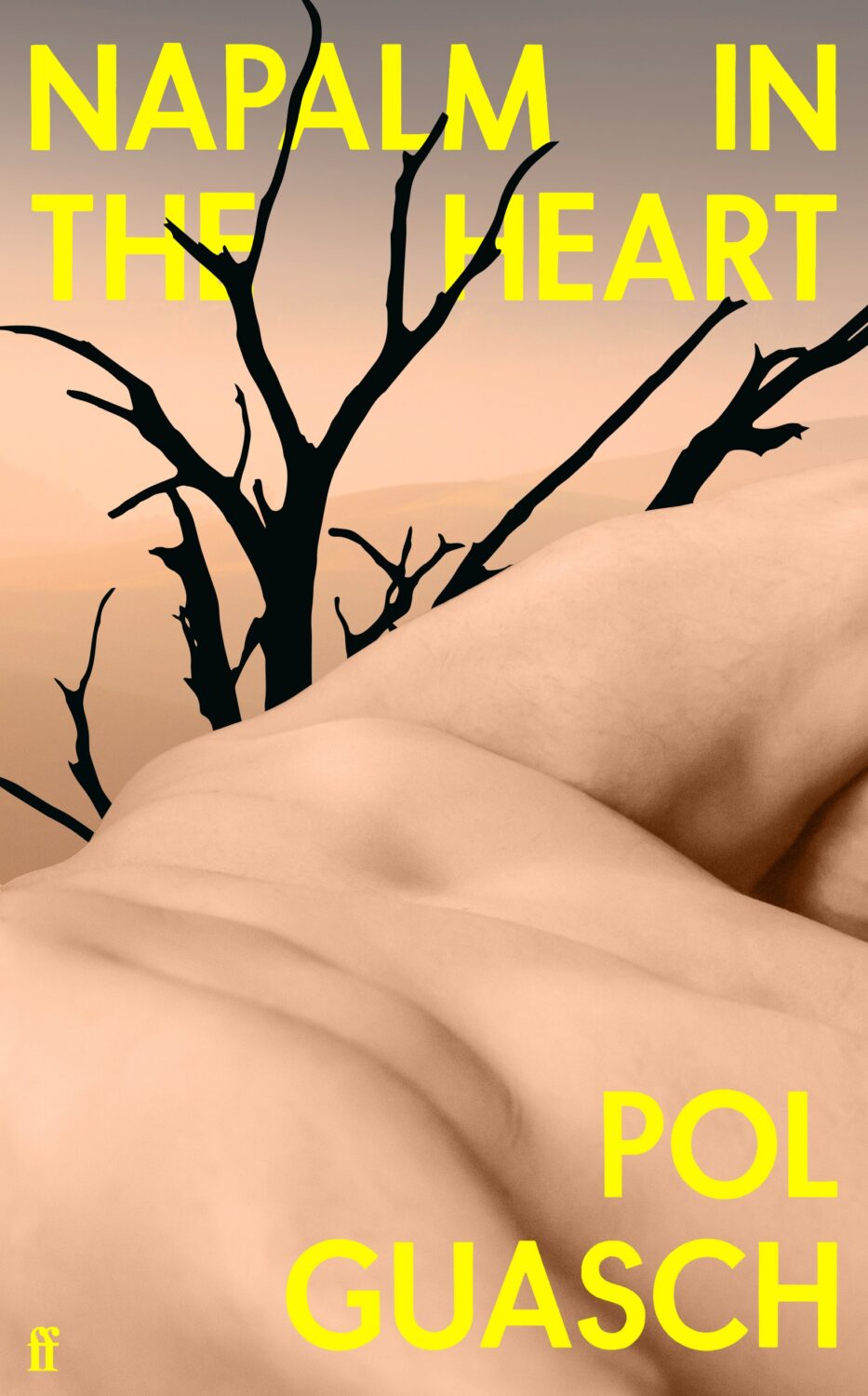
Faber & Faber, pp. 320
An unnamed narrator writes letters to his male lover, Boris, against the backdrop of a post-apocalyptic landscape (a natural disaster has occurred some years prior) and a military occupation. This is the premise of Napalm In The Heart, the debut by Catalan poet Pol Guasch, a book that has many echoes of other literary texts investigating the nexus between repression and love but one that feels utterly original thanks to the lyricism and quality of its prose.
The book was an absolute sensation when it hit the stands in Spain in 2021, and since then the author has seen a meteoric rise. Shame Faber decided to not keep the original cover, which showcases William-Adolphe Bouguereau’s hauntingly infernal Dante & Virgil, one of the most striking, choice pairings I have seen in recent times.
Bartolomeo Sala is a writer and reader based in London. His writing has appeared in Frieze, Vittles, and The Brooklyn Rail. Header image: Composite courtesy of Jonathan Cape, Foundry Editions, and New York Review Classics.